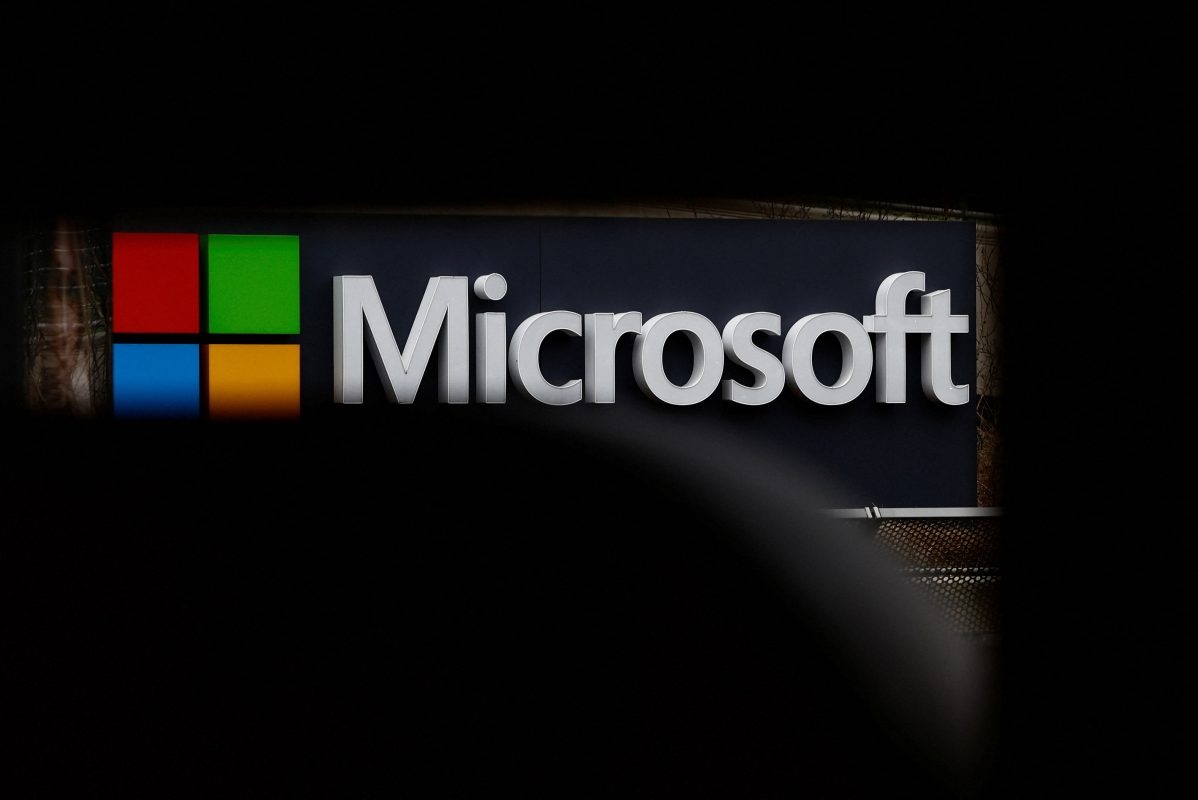COVID-19 vaccines could benefit cancer patients

The most widely used COVID-19 vaccines may offer a surprising benefit for some cancer patients: stimulate their immune systems to help fight tumors.
People with advanced lung or skin cancer who were taking certain immunotherapy drugs lived substantially longer if they also received a Pfizer or Moderna vaccine within 100 days of starting treatment, according to preliminary research reported in the latest issue of the journal Nature .
Instead, the molecule that drives those specific vaccines, mRNA, appears to help the immune system respond better to cancer treatment, concluded researchers from the MD Anderson Cancer Center in Houston and the University of Florida.
The vaccine "acts like a siren to activate immune cells throughout the body," explained lead researcher Dr. Adam Grippin of MD Anderson. "We're sensitizing immune-resistant tumors to immune therapy."
Health Secretary Robert F. Kennedy Jr. has expressed skepticism about mRNA vaccines, cutting $500 million in funding for some uses of the technology.
But this team considered their results so promising that they are preparing a more rigorous study to see if mRNA vaccines against the coronavirus, should be combined with anticancer drugs called checkpoint inhibitors, an intermediate step while designing new mRNA vaccines for use in cancer.
You might be interested in: At what age should a mammogram be performed? How would it work?A healthy immune system often kills cancer cells before they become a threat. But some tumors evolve to evade immune attack. Checkpoint inhibitors eliminate that function, making them a powerful treatment when they work. Some people's immune cells still don't recognize the tumor.
Messenger RNA, or mRNA, is found naturally in every cell and contains the genetic instructions for our bodies to make proteins . Though best known as the Nobel Prize-winning technology behind COVID-19 vaccines, scientists have long been trying to create personalized mRNA vaccines. that train immune cells to detect unique characteristics of a patient's tumor.
The new research offers "a very good clue" that perhaps a standard approach could work, said Dr. Jeff Coller, an mRNA specialist at Johns Hopkins University who was not involved in the work. "What it shows is that mRNA medicines continue to surprise us with how beneficial they can be for human health."
Grippin and his Florida colleagues had been developing cancer vaccines when they realized that even one created without a specific target seemed to stimulate similar immune activity.
Grippin wondered if the widely available mRNA coronavirus vaccines might also have an effect.
So, The team analyzed the records of nearly a thousand patients with advanced cancer, who were receiving treatment with checkpoint inhibitors at MD Anderson, comparing those who happened to receive a Pfizer or Moderna vaccine with those who did not.
Read: This is how the Moon influences the movement of ocean waves, according to scientistsThe vaccinated patients, who suffered from lung cancer, were almost twice as likely to be alive three years after starting treatment against cancer, compared to unvaccinated patients. Among melanoma patients, median survival was significantly longer for vaccinated patients, but it's unclear exactly by how much, as some in that group were still alive when the data was analyzed.
Non-mRNA-based vaccines, such as flu shots, didn't make a difference, Grippin said.
* * * Stay up to date with the news, join our WhatsApp channel * * https://www.whatsapp.com/channel/0029VaAf9Pu9hXF1EJ561i03
TO THE
informador





